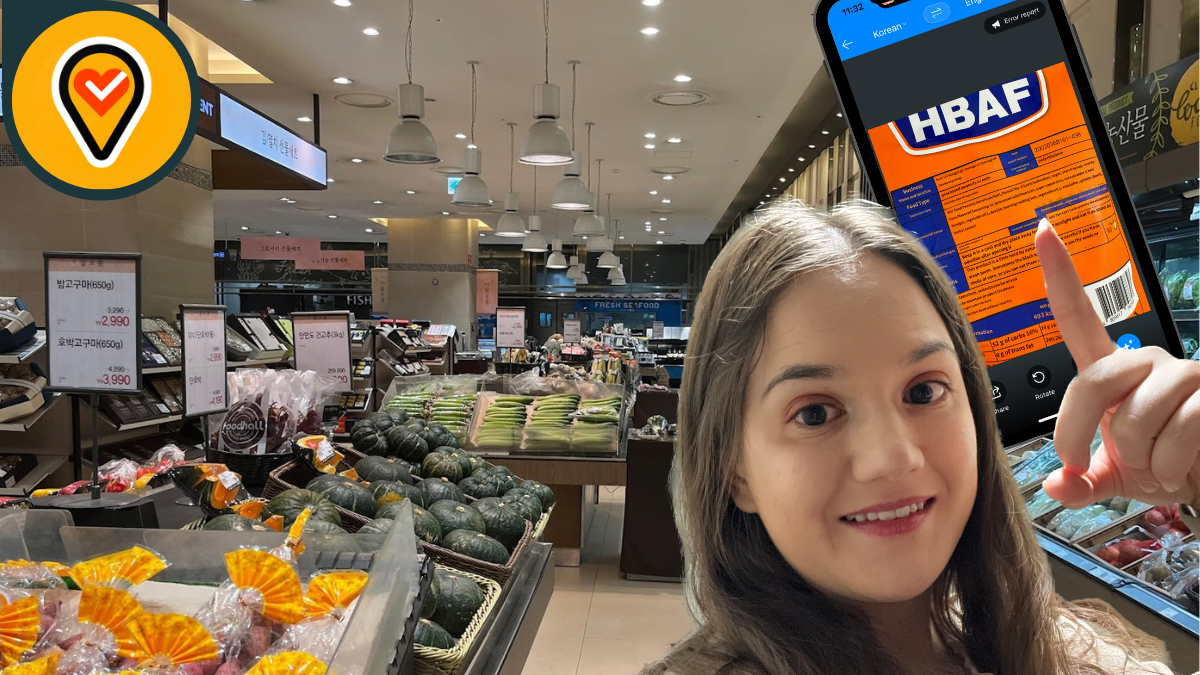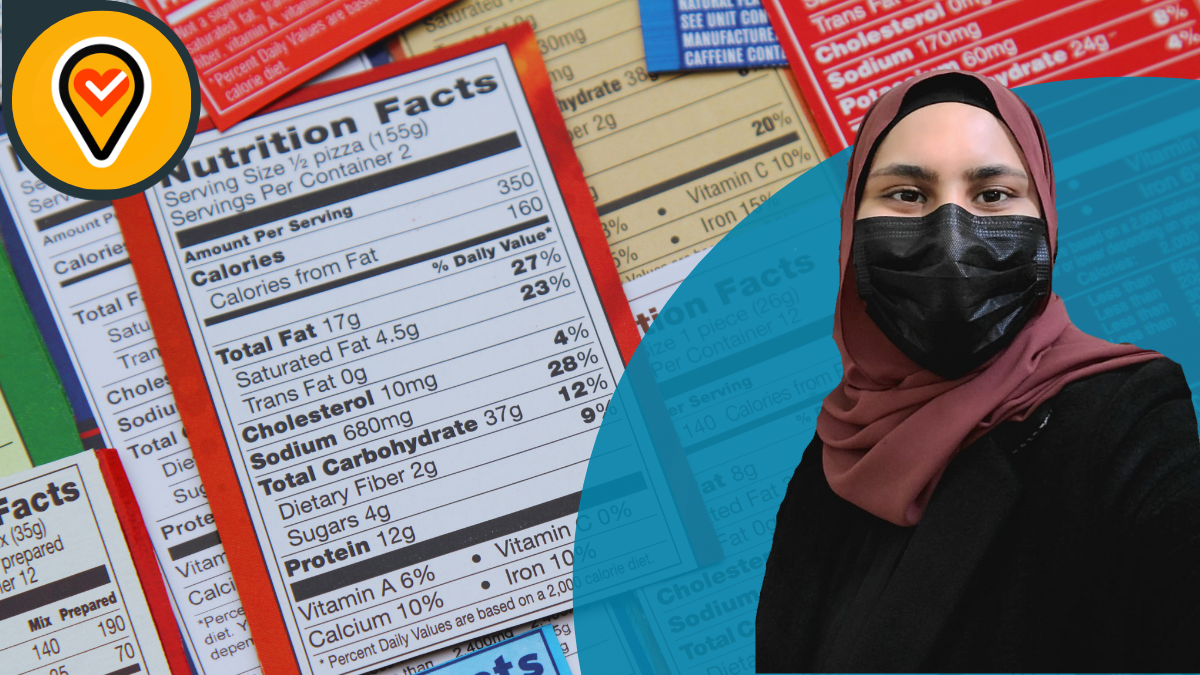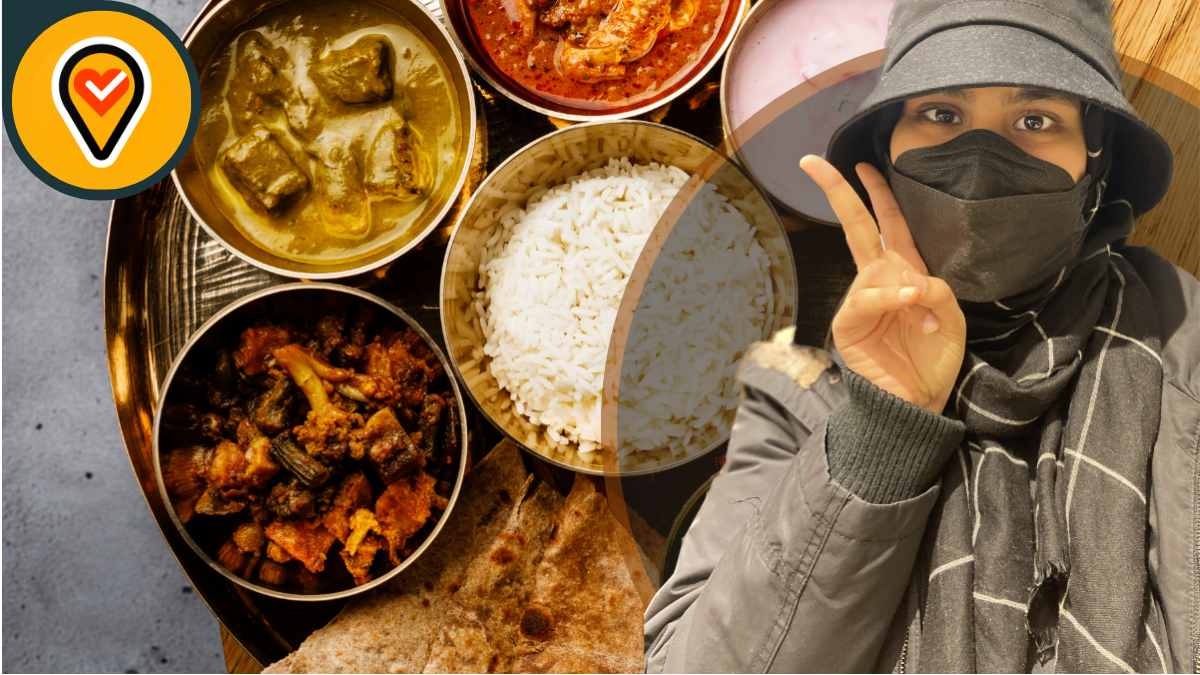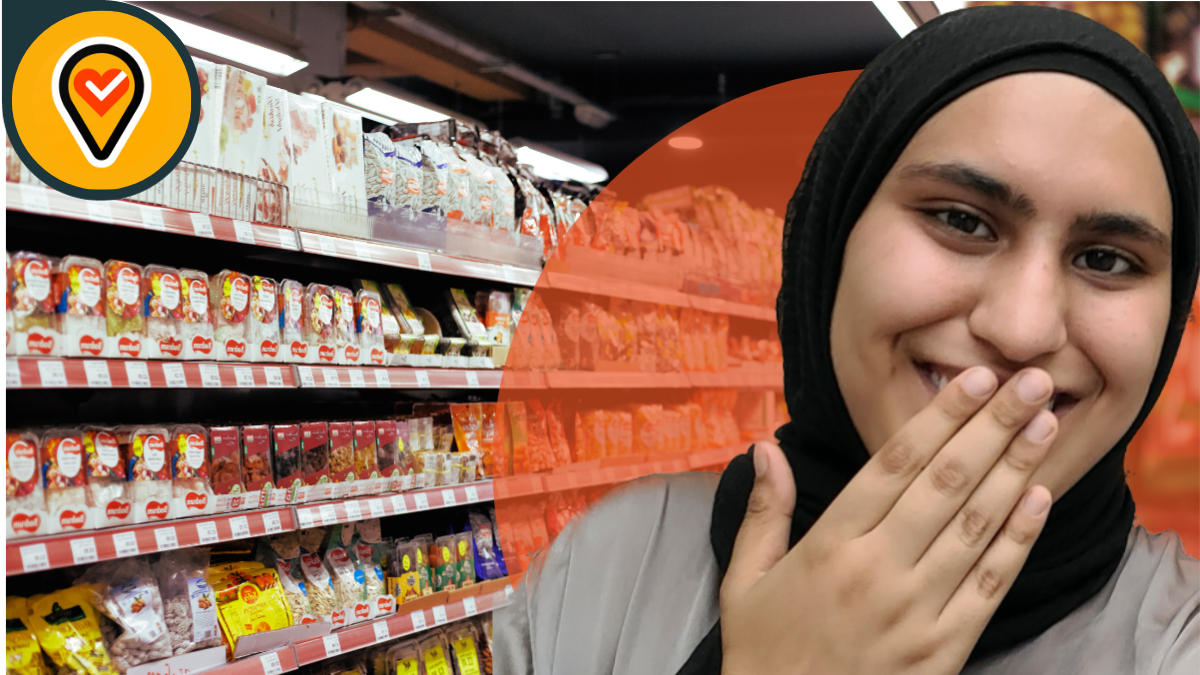
Exploring What Certified Vegan in Korea Means
Interest in vegan food continues to grow across South Korea. This prompted new and old organizations to start programs to certify products as vegan. Here is more information on one such organization, the Korea Agency of Veng Certification and Services which created a Certified Vegan label in Korea.
Some Companies Cerifying Food Vegan in Korea
In South Korea, several organizations certify products as vegan. Businesses can hire such companies to review their products and provide a certification that helps boost consumer faith that these products are indeed vegan. These organizations also offer consultation on creating vegan products and often help promote veganism within the culture.
It is important to note that companies certifying vegan products operate within a capitalist framework. This presents a business opportunity, so businesses should consider this when searching for vegan food certification. Smaller vendors might not afford these certifications, but this does not make their food any less vegan. Therefore, businesses should learn to read labels effectively to find “accidentally vegan” products. Learn how to read labels to find “accidentally vegan” products.
Five Companies Organizations Capitalizing on Vegan Labeling
Businesses can hire the following organizations to certify their products as vegan. Such certifying companies ensure businesses meet specific criteria that exclude animal-derived ingredients and animal testing:
Korea Agency of Vegan Certification and Services (KAVCS): (Which we further discuss in this article)
- KAVCS is one of the primary organizations in Korea offering vegan certification. They provide a certification mark for food, cosmetics, and other products that meet their vegan standards.
- KAVCS evaluates products based on their ingredients, manufacturing processes, and potential cross-contamination with animal-derived products.
Korean Standards Association (KSA):
- KSA offers a range of certifications, including some for vegan products. While they are a broader standards body, they have frameworks in place for certifying vegan items.
- They focus on the quality and safety of products in addition to their vegan status.
- WECERT offers vegan certification for food and other products
- WECERT partners with The Association for Korean Agri Food Sixth Industry (KASI)
Korean Vegetarian Union (KVU):
- While primarily focused on vegetarianism, KVU also offers vegan certification for products that meet stricter criteria.
- KVU’s certification emphasizes the exclusion of animal-derived ingredients and cruelty-free practices.
- This organization works to promote veganism and offers guidance on vegan certification. They collaborate with businesses to ensure that products meet vegan standards.
- Their certification mark is recognized for its strict adherence to vegan principles.
The previous organizations play a crucial role in supporting the growing demand for vegan products in Korea. Their certification marks help consumers easily identify products that align with vegan values and contribute to the overall growth of the vegan market in the country.
Now, let’s take a closer look at how the largest of the vegan certifying organizations operates.
About the ‘Certified Vegan’ Status in Korea
The Certified Vegan labeling is managed by the Korea Agency of Vegan Certification and Services (KAVCS). Founded in 2018, the KAVCS made itself responsible for evaluating and certifying products as vegan, ensuring producers meet the standards and requirements necessary to be considered free from animal-derived ingredients and animal testing. The agency provides certification for food and cosmetics.
KAVCS is a Private Organization
It is important to note that the KAVCS is a private organization. Headquartered at the Hanyang Institute of Technology on the campus of Hanyang University, KAVCS operates independently to provide certification services, ensuring products meet the vegan standards required for certification. As a private entity, it works with manufacturers, producers, and businesses to certify their products as vegan, ensuring transparency and reliability for consumers looking for vegan options.
Although a private organization, the Ministry of Food and Drug Safety approved KVAS as a vegan certification agency in 2018.
KAVCS Responsabilities
The organization provides oversight of the following:
- Certification Process: KAVCS conducts thorough inspections and evaluations of products, ingredients, and manufacturing processes to certify them as vegan.
- Labeling: They provide a recognizable vegan certification mark. Businesses use the mark on packaging and marketing materials to inform consumers that the product meets vegan standards.
- Education and Awareness: The agency also works to raise awareness about veganism and the benefits of vegan products, promoting a more informed consumer base.
- Support for Businesses: KAVCS offers guidance and support to businesses seeking vegan certification, helping them understand and comply with the necessary requirements.
Obtaining a Certified Vegan Certification
To obtain a Certified Vegan certification in Korea, businesses must follow a series of steps typically outlined by KAVCS. The below information represents an overview of how such a certification occurs according to their website:
- Application Submission:
- Contact the Korea Agency of Vegan Certification and Services (KAVCS) and submit an application form. Businesses can usually find the application form on the KAVCS official website.
- Businesses provide detailed information about the product(s) businesses wish to certify, including ingredients, manufacturing processes, and any other relevant details.
- Documentation Review:
- Businesses prepare and submit all necessary documentation. This typically includes ingredient lists, product formulations, and details about the manufacturing facility.
- Ensure that all ingredients and processes comply with vegan standards, meaning no animal products or by-products, and no animal testing involved.
- Factory Inspection:
- The KAVCS may conduct an on-site inspection of the business’s manufacturing facility to verify compliance with vegan standards.
- KAVCS will check for potential cross-contamination with non-vegan substances and ensure the business’s processes adhere to the required guidelines.
- Product Testing:
- In some cases, KAVCS tests products to confirm that they do not contain any non-vegan ingredients.
- This can include laboratory tests to detect traces of animal-derived substances.
- Certification Decision:
- After reviewing all documentation and inspection results, the KAVCS will make a certification decision.
- If the business’s product meets all the requirements, KAVCS grants the business the Certified Vegan certification.
- Certification Mark:
- Once certified, businesses will receive the Certified Vegan mark, which the business can use on their product packaging and marketing materials.
- This mark assures consumers that the product meets strict vegan standards.
- Ongoing Compliance:
- Maintain compliance with vegan standards and be prepared for periodic reviews or re-certifications as required by the KAVCS.
- Update the KAVCS on any changes to product formulations or manufacturing processes that might affect the business’s certification status.
KAVCS Funding Sources
The KAVCS, being a private organization, typically receive funded through various sources such as:
- Application Fees: Businesses provide a non-refundable fee to request certification.
- Certification Fees: Businesses seeking vegan certification are required to pay fees for the certification process. These fees cover the costs associated with application review, inspections, and other administrative expenses.
- Consulting Services: The KAVCS may offer consulting services related to vegan certification and compliance. Businesses seeking additional guidance or support may pay for these services.
- Training Programs: They may organize training programs or workshops related to vegan standards and certification. Fees collected from participants contribute to their funding.
- Grants and Sponsorships: Occasionally, they may receive grants or sponsorships from government bodies, non-profit organizations, or private entities that support veganism and ethical consumerism.
- Other Revenue Streams: This could include revenue from partnerships, publications, or other related activities aimed at promoting veganism and vegan products in Korea.
It is unclear which specific funding sources the KAVCS utilizes, but their website implies that they collect Certification Fees, charge for consulting services, and provide training programs. If anyone knows the specifics, further information would be appreciated. It is desirable that organizations are more transparent about the costs of certification, as these numbers are often kept private. In other countries, certification may range between 500 USD to 5,000 USD depending on the complexity of the product.
Not All Vegan Korean Food is Certified Vegan
Since becoming certified as vegan in Korea is new and privately managed, many vegan food items may not be labeled vegan. This is why consumers also need to know how to identify “Accidentally Vegan” food in Korea.
Read More About Living as a Vegan in Korea
More articles about veganism on the South of Seoul Blog.
Looking for a quick cheat sheet for finding accidentally vegan items in Korea? You came to the right place. Here is a quick list of keywords and tools you need to use when reading Korean food labels. The Struggle to Shop for Vegan Food in Korea Good news! Vegan staples such as produce, rice, beans,…
Continue Reading Tips for Finding Accidentally Vegan Food in Korea
Navigating the aisles of a South Korean grocery store can be an adventure, especially if you’re not familiar with the language or the art of decoding nutrition labels on Korean food packaging. Understanding these labels can be a game-changer when it comes to making informed food choices. Before we continue, it’s important to note that…
Are you a vegan or vegetarian looking for plant-based food shopping options in South Korea? Here are the sections where I do my plant-based food shopping at AK Plaza in Pyeongtaek-si. This may help you get started on filling your kitchen. Let’s go! About AK Plaza Food Halls AK Plaza is a brand of department…
Moving to South Korea as a vegan and wondering how you will survive? Well, it’s not actually that hard these days. Plant-based foods continue to grow in popularity across Korea and many can be shipped right to your house. This will likely be a blog in progress that gets updated over time. Getting Started on…
Continue Reading Starting a Plant-Based, Vegan Pantry in Korea
Looking for plant-based alternatives to regular seafood? Korea has a variety of vegan seafood options for you to try. Here are options we’ve come across during our shopping adventures. It’s all part of the South of Seoul Plant-Based Food Initiative. Plant-Based Tuna (비건 참치) Plant-based tuna is a vegan or vegetarian alternative to traditional tuna…
Join us as we delve into the irresistible allure of Kimchi Mandu 김치 만두. These kimchi dumplings are the much loved Korean delicacy. Combining the sourness of the fermented kimchi with the hug of either steamed or fried dough, it is perfection. Let’s dig into this delicious dish! About the South of Seoul ‘A Year…
Continue Reading A Year to Learn Korean Cooking: Kimchi Mandu

Lanae Rivers-Woods moved to Korea in 2011 where she lives in the countryside with her family, friends, and puppies. She holds a BSSW (Bachelor’s of Science in Social Work), a MAIT (Master’s of Arts in International Teaching), and registered by the Pyeongtaek Korean Times with the Korean government as a Cultural Expert.
Ms. Rivers-Woods used her 15 years experience as a social architect, UX/UI designer, and technology consultant to found South of Seoul in 2015. South of Seoul is a volunteer organization that leverages technological tools to mitigate cultural dissonance in multi-cultural communities.
Through South of Seoul, Ms. Rivers-Woods works with independent volunteers, non-profit organizations, businesses, local & federal government, universities, and US military organizations to develop solutions to support English speaking international residents in rural South Korea.
Additionally, Ms. Rivers-Woods founded the South of Seoul smart phone app available for Google Play and iPhone. The app provides information a resources for those living and traveling in South Korea.
When she isn’t in South of Seoul development meetings or working her day job, Ms. Rivers-Woods loves to be outside at skate parks, the beach, or playing in the mountains.










